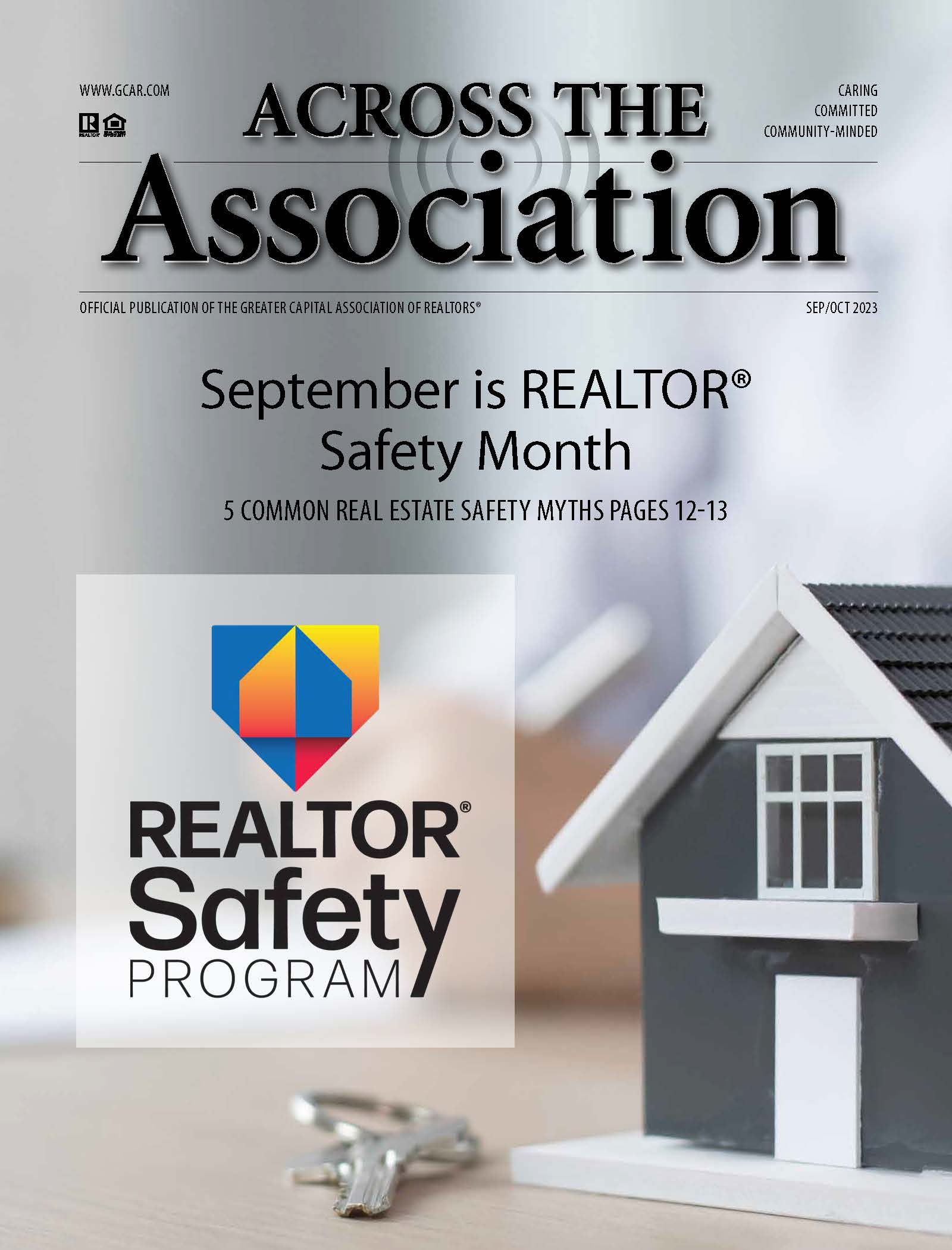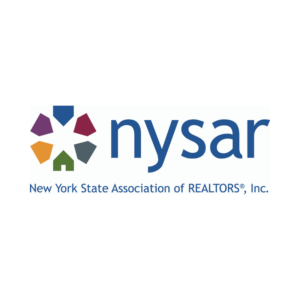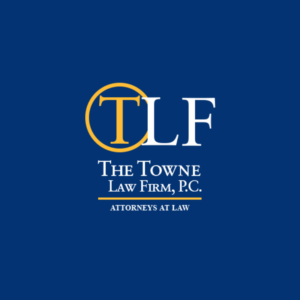FPC Field Report
By Felton McLaughlin
NAR Federal Political Coordinator
On June 4, the GCAR Board of Directors and legislative affairs representatives met with Congressman Paul Tonko of New York’s 20th congressional district. GCAR members got almost a full hour with Congressman Tonko and he was his usual attentive and inquisitive self.
The conversation started out on the nationwide residential inventory shortage/bidding wars and quickly morphed into how difficult this market has been for first-time buyers and housing affordability. Paul has always been a champion for affordable housing so HR 2126: Housing Supply and Affordability Act and HR 2143: Neighborhood Homes Investment Act were of particular interest to him.
The HR 2126: Housing Supply and Affordability Act would create a Local Housing Policy Grant program for cities, states, tribes, and regional associations to enact pro-housing policies at the local level.
The HR 2143: Neighborhood Homes Investment Act (NHIA) would offer tax credits to attract private investment for building and rehabilitating owner-occupied homes, creating a pathway to neighborhood stability through sustainable homeownership. The NHIA would expand home ownership opportunities and provide a powerful incentive to build and rehabilitate 500,000 homes for low and moderate-income homeowners over the next decade. The NHIA is intended to fill the gap in areas where it may be more expensive to develop or rehabilitate than sales prices will support
Congressman Tonko was receptive to co-sponsoring both HR 2126 and HR 2143.
The next topic on the docket was defending 1031 like-kind exchanges. Preserving this vital tool promotes liquidity, encourages additional investment, and helps small and minority-owned businesses expand and grow. Moreover, like-kind exchanges fill gaps in the housing supply not covered by other incentives for the development of affordable housing. Multifamily housing transactions represent 40 percent of real estate like-kind exchanges, while single-family houses make up another significant portion. Limiting like-kind exchanges would increase the cost of rental housing and raise rents.
Congressman Tonko said he would speak with Richard Neal, Chairman of the House Ways and Means Committee, about 1031’s and incentivizing commercial-to-residential. To support our campaign for 1031 exchanges, I was able to hand him a collection of 15 emails/letters from commercial practitioners in the Capital Region, as well as share with him a great local example of 1031 exchanges, Arnoff Moving & Storage. They used a 1031 exchange to sell the local landmark Nipper Building in Albany to expand into a new more modern headquarters in Malta. Employment has grown by 25-30 employees as their top line has grown.
Other topics discussed include independent contractor status and fair housing. Regarding independent contractor status, that was more of a mixed bag. He understands our concerns but was familiar with the PRO Act which expands various labor protections related to employees’ rights to organize and collectively bargain in the workplace.
Regarding fair housing, he is friendly with Representative Al Green co-sponsor of HR 68: Housing Fairness Act. This legislation that would reauthorize and increase funding for HUD fair housing testing and enforcement programs. Congressman Tonko was in favor of co-sponsoring this bill.
In addition, he’s always been a big supporter of student debt relief, landlord/tenant rent/mortgage relief, flood insurance, infrastructure, broadband, and water quality.
When we asked him about legislative efforts that he could use REALTOR® support with, I got a follow-up email from his Legislative Correspondent, Miranda Miller, who joined us in the meeting,
She included details about three bills that Congressman Tonko is sponsoring:
- 2263: Manufacturing for Our Future Act to bolster U.S. job growth and drive clean energy innovation through federal incentives for domestic manufacturing of clean energy systems such as wind and solar power or electric vehicles and related infrastructure.
- HR 3291: AQUA Act will provide federal investments to local communities to address critical water infrastructure needs, including fully replacing every lead service line.
- HR 1512: CLEAN Future Act will achieve net-zero greenhouse gas pollution no later than 2050, through a comprehensive plan that address the power, building, transportation, and industrial sectors
- HR 5530: EV Infrastructure Rebate Act to establish grant and incentive programs for state and local governments and the private sector to build a national network of 500,000 EV chargers by 2030
In conclusion, we are hopeful for the Congressman’s co-sponsorship on the REALTOR® backed initiatives discussed above and were impressed not only by the keen interest he displayed in these topics, as well as his knowledge of them and the time he devoted to us on the call.




